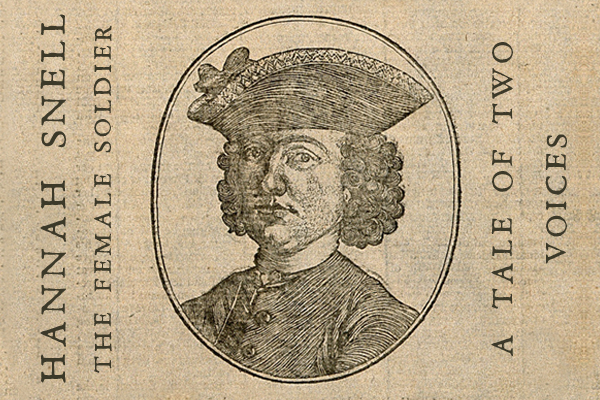Welcome to RENARD PRESS – a brand-new independent publisher, launched in June 2020. Covering both classic and contemporary titles, Renard publishes fiction and non-fiction, theatre and poetry; the emphasis is on good writing, properly edited, and our books can be found in convenient modern formats – in a world increasingly lived online – as well as in beautifully designed and well-produced editions. We’ve outlined what we stand for in our About section, and you can find out more about us there!
A NOTE FROM THE PUBLISHER
I’m thrilled to be writing this note – Renard Press is, as we boldly claim, a ‘fresh face’ in independent publishing, for we’re launching this month; we are positively bristling with excitement, and we can’t wait to publish our first few books (more news on that front to follow, so keep an eye on our News section). At the same time, the publishing house doesn’t feel completely ‘new’, in that it is the culmination of years of experience and hard work, and the foundations weren’t laid overnight.
I’ve always felt that independent publishers are only as strong as those supporting them – and for this reason, I look forward to joining forces with many other fresh faces, as well as some wrinklier ones, over the coming years. For the same reason, I owe a debt of gratitude to an army of supporters already, for help and advice in many shapes and sizes – so here’s to Libby Dady, Matt Leonard, Ruth Irwin, Clem Koenig, Rach Irwin, Robert Harris, Finn Dady, Beech, Freya Gallagher-Jones, Emily John, Monica Meira, Miriam Halahmy, Bee Rowlatt, Gary Kahn, Dana Mills, Christian Müller, Debbie Gillespie, Mary Bisbee-Beek, the Leonards, the Moneys, the Hayneses, the Gallenzi-Minervinis – and my first mentor in publishing, Stephen Hayward.
So on to the books: by way of a nod to one of the greatest pioneers in independent publishing – and one of my heroes – we’ll be starting off our classics list with A Room of One’s Own, which is a profound work I think everyone should read at some point. From there on, we’ve got the next eleven titles picked out, which consist of some lesser-known works by literary giants, as well as some by undeservedly forgotten authors.
On the literary note, we’re also thrilled to be able to launch a subscription service – where you can sign up to receive a copy of every book we publish, in advance of the publication date. We’ll throw in a few goodies, too, to sweeten the deal, so we hope we can tempt you there!
In an effort to be the change we want to see in publishing, we’re keeping the gender balance of our authors… well, balanced – and to demonstrate our commitment to this, we’ve set up a counter to make sure we’re on track. Renard is proud to be a queer-led publisher, and we look forward to fleshing out the literary classics canon – and to building on it with newly commissioned titles – with underrepresented voices from across the globe.
– Will Dady, June 2020














